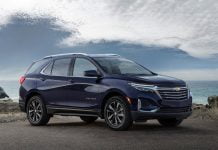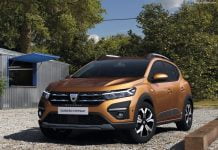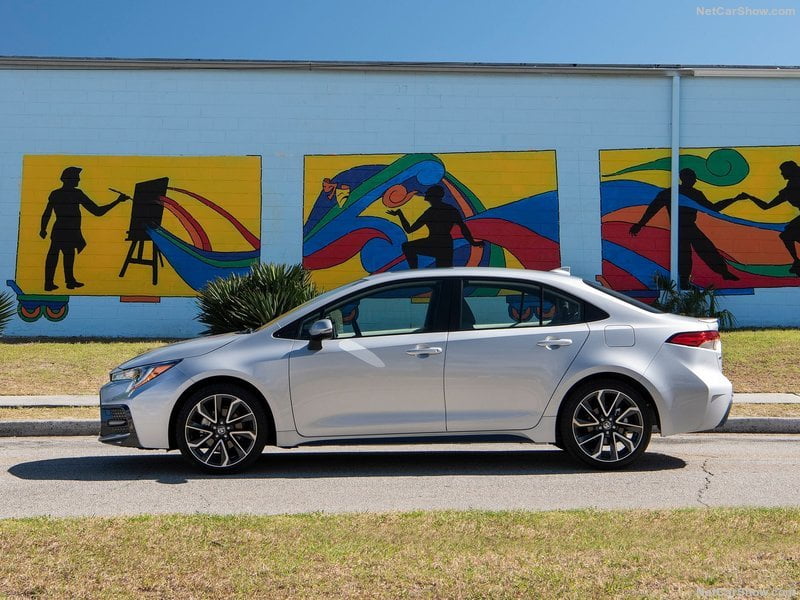Malawi Car Market is one of the smallest in the World due to the still really poor economic condition of the country and the weak infrastructures available. Toyota is the market leader with the pick-up Hilux best-selling model.
The Republic of Malawi is a landlocked country in southeast Africa that was formerly known as Nyasaland and is among the world’s least-developed countries. The economy is heavily based in agriculture, with a largely rural population. The Malawian government depends heavily on outside aid to meet development needs, although this need (and the aid offered) has decreased since 2000.
The Malawian government faces challenges in building and expanding the economy, improving education, health care, environmental protection, and becoming financially independent. Malawi has several programs developed since 2005 that focus on these issues, and the country’s outlook appears to be improving, with improvements in economic growth, education and healthcare seen in 2007 and 2008.
The transportation infrastructures are still low developed. As of 2012, Malawi has 31 airports (seven with paved runways and twenty-four with unpaved runways), only 797 kilometers of railways (all narrow-gauge) and 24.866 km of roadways (of which 6.956 kilometers paved). Malawi also has 700 kilometers of waterways on Lake Malawi and along the Shire River.
Since 2009, however, Malawi has experienced some setbacks, including a general shortage of foreign exchange, which has damaged its ability to pay for imports, and fuel shortages that hinder transportation and productivity. Investment has fallen continuously for several years and in 2013 amounted to just 13% of GDP.
The government has failed to address barriers to investment such as unreliable power, water shortages, poor telecommunications infrastructure, and the high costs of services. Donors, who provided an average of 36% of government revenue in the past five years, suspended general budget support for Malawi in 2011 due to a negative IMF review and governance issues.
The development of the automotive sector, so relevant for the growth of the country is still to come. According to OICA the Light Passengers Vehicles circulating in 2013 were only 130.000 with only 9 cars each 1.000 people. Moreover, this park is almost aged being generated mainly by pre-owned vehicles imported mainly from Japan.
The new market size is very little a stable below the two thousand annual units with 2013 estimated volume at 1.930 units.
The market is dominated by pick-ups and SUV, mainly made in Japan. Toyota is the market leader and in the last decade boomed its market share from 20 to around 50%. The second player is Ford, thanks to the Ranger while the third is Nissan.
The 2014 is expected with a marginal increase, just above the 2.000 units while there is no evidence of substantial potential market growth in the next five years.
In the interactive tables below you can sort through the Best-selling models:
[table “599” not found /]










